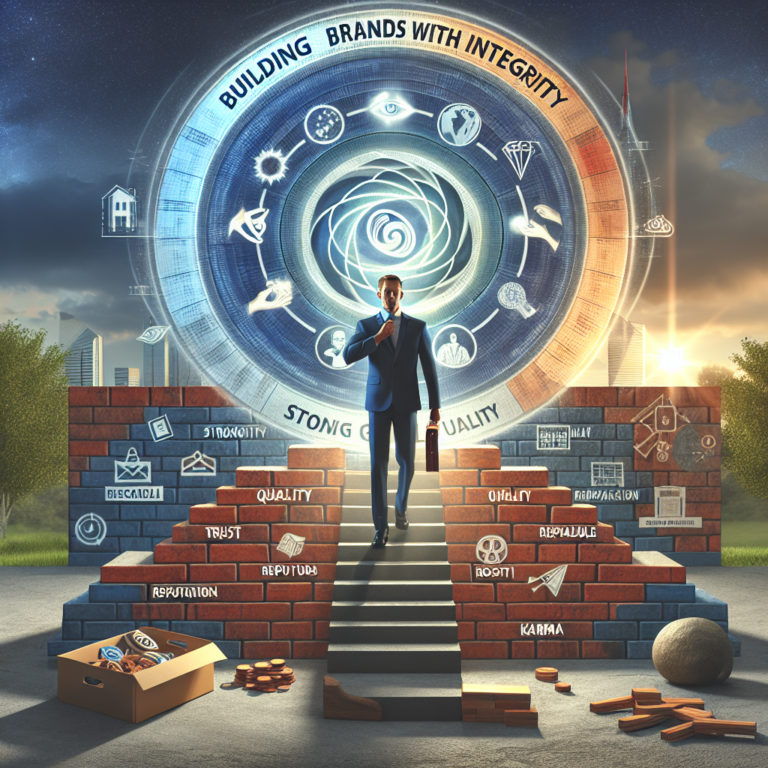Karma Unveiled: How Your Choices Shape Your Destiny
In our fast-paced and often chaotic world, the concept of karma has emerged as a powerful lens through which we can understand our lives and the unfolding of events. Rooted in ancient philosophical and spiritual traditions, karma is more than just a set of abstract principles; it is a dynamic force that reveals how our choices and actions directly mold our destinies. As we delve into this intricate web of cause and effect, we begin to see that our lives are not merely the result of chance but are profoundly influenced by the decisions we make every day.
Understanding Karma
At its core, karma is derived from the Sanskrit word “karman,” which means action. The essential premise is straightforward: every action has a consequence. This is not limited to physical actions; thoughts, intentions, and words also contribute to the karmic cycle. In this sense, karma operates on both micro and macro levels, affecting individuals and communities alike.
The law of karma operates regardless of religious belief or spiritual practice. Whether one adheres to Eastern philosophies such as Hinduism or Buddhism, or even Western interpretations that emphasize ethical living, the understanding remains the same: our choices create ripples that manifest not just in our lives but also in the broader tapestry of existence.
Choices: The Seeds of Destiny
As human beings endowed with free will, our choices serve as the seeds from which our destinies grow. Each decision we make, whether big or small, sets into motion a series of effects that reverberate through our lives. Understanding this principle encourages mindfulness in our actions.
Conscious Decision-Making: When we recognize the weight of our choices, we begin to make decisions with intention. This means evaluating our options not just on immediate outcomes but also considering the long-term effects on ourselves and those around us. An act of kindness may create a wave of positivity, while a moment of anger could sow seeds of resentment.
Learning from Choices: Karma also invites us to reflect on our past decisions. Every mistake or setback can be a teacher if we are willing to learn from it. Embracing the lessons that come through our experiences, whether positive or negative, helps us refine our decision-making process for the future.
- Interconnectedness of Actions: The ripple effect of our choices highlights the interconnectedness of all beings. An act of compassion towards a stranger can inspire goodwill in unexpected ways, while thoughtless behavior can lead to a chain reaction of negativity. This interconnectedness fosters a sense of responsibility; our choices not only shape our own fate but also impact the collective.
The Role of Intention
While actions are vital, intention is equally critical in the karmic equation. The energy behind our choices enhances their karmic weight. A compassionate act performed out of genuine concern creates positive karma, while a seemingly good deed done with self-serving motives may not carry the same weight.
This distinction opens the door to deeper self-awareness. It invites us to check our motivations before we act, encouraging us to align our choices with authentic values rather than societal expectations or fleeting desires.
The Cycles of Karma
Karma is often depicted as cyclical, emphasizing that the effects of our actions can revisit us in varied forms. The cycles can take lifetimes to unfold, and this understanding helps foster patience and resilience. When we face challenging situations, recognizing that they are manifestations of past actions can grant us the resolve to respond with grace rather than defeat.
Moreover, understanding these cycles can instill hope. Positive actions, no matter how small, can set into motion a chain of beneficial outcomes that enrich our lives and the lives of others. This notion emphasizes the power of small, consistent acts of kindness and integrity.
Embracing Personal Agency
Ultimately, karma teaches us about personal agency. While we may not have control over external circumstances, we hold the power to choose how we respond to them. By embracing this agency, we can actively shape our destinies rather than passively allowing life to happen to us.
This empowerment is transformative. It encourages individuals to step into their roles as active participants in their lives, making conscious choices that align with their values, aspirations, and ethical beliefs.
Conclusion
Karma serves as a profound reminder of the power of choice and intention in shaping our destinies. As we navigate the complexities of life, understanding and embracing the principles of karma can lead to a more meaningful existence. By making conscious decisions, reflecting on our intentions, and recognizing the interconnectedness of our actions, we can craft a future that is reflective of our true selves and aspirations.
As we unveil the layers of karma, we come to appreciate the intricate dance of actions and consequences, which ultimately illuminates our path forward. In this way, karma invites us to participate positively in the world, with the awareness that our choices today are the architects of our tomorrow.






